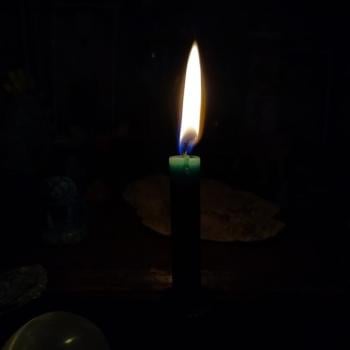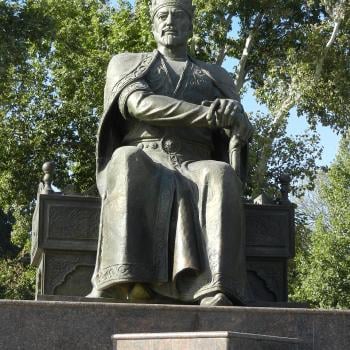The Help doesn't resolve. Aibileen and one of the other housekeepers do begin to find some freedom, but there is clearly a long road ahead for everyone involved in the story. This is presented visually in the film's closing shot.
The scenes I found most poignant, though, were a scene in which Aibileen's friend and co-conspirator Minnie is presented with a feast by her employers and an immediately following scene in which Aibileen's church community applauds her and the risk she has taken to tell her story. I was struck then with the conviction that all women deserve a feast, and all women deserve applause for what they have done both to sustain us and to set us free.
The Help isn't a "true" story in that the events it portrays did not happen in history, but it is true in that it tells us the truth about the world we inhabit now. The Civil Rights Movement of the 1960s essentially ended institutionalized racism in the United States, but Materialism still rears its ugly head. As in the '60s, our world will begin to change for the better when the oppressed begin to shake off the yoke of their oppressors, forcing the oppressors to take note of the yokes placed upon them by the system itself. I pray God gives us more truth-tellers like Aibileen to help begin to set us free.





